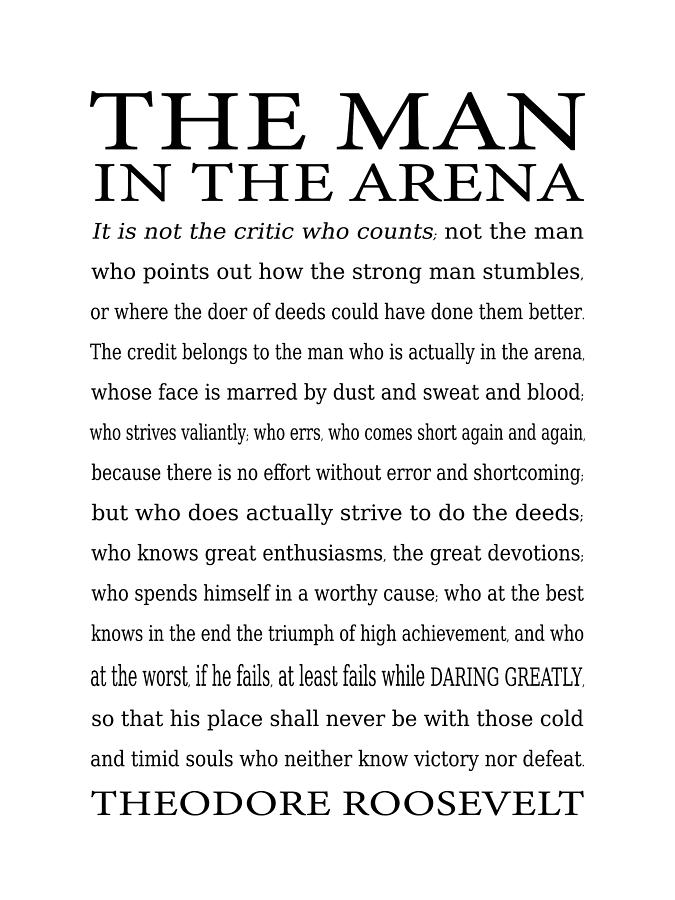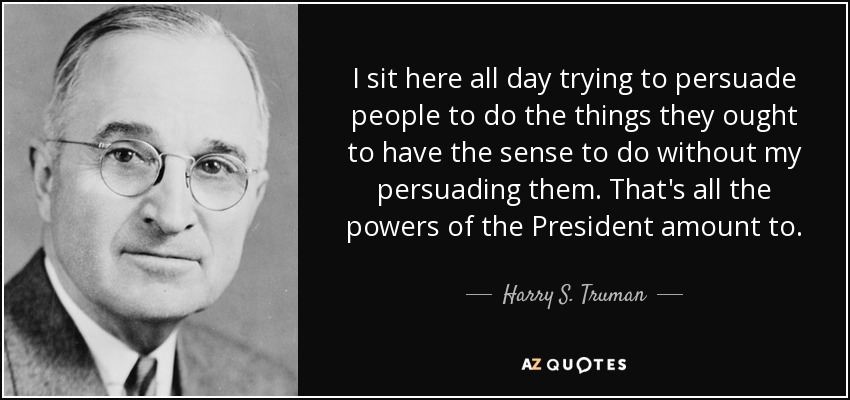Only people who never been CEO want to be one.
Yeah, I know. It sounds crazy, untrue, and something only someone who was CEO would say.
While I know no words I will write will sway someone from thinking they want to be CEO – I still want to share what its like.
Will begin with an analogy.
Many people want to join a startup. They fall in love with the IDEA of being in a startup, with some misconceptions on what that really means. So from the outside, they think about: beer bash Friday, wearing whatever you want to work, fun and cool culture of misfits, making money on an exit and some other glorious things our culture proliferates.
If you have been working in a startup and you hear these things – does it resonate? Or you know in your heart of hearts that very little of the startup experience is “that”?
People who never worked at a startup and think it is glorious, are simply not experienced yet with the grueling roller coaster ride it really is.
Then, when they are thrown into the pool without floaters, they get the real taste of it. Its a sobering experience.
The same can be said about being a CEO. So if the analogy of working in a startup resonates, this one is the same.
Why?
Being CEO is unlike any other position in the company. Its a lonely position, where the employees (including your executive staff that reports to you) are below you, and the board is above you.
Who can you really talk to about what you are going through?
Who can you trust to have a discreet discussion about your challenges without the team and the board getting concerned?
Who can really understand your strategy and vision, to be able to give you pertinent advice?
Especially when things are not going well, and you may need to have a RIF (reduction in force, aka letting people go) – who can you talk about it inside the company without it leaking, or even freaking out the very person you are consulting with?
The CEO job is unlike any job, as it does not have peers. It does not have colleagues. It does not have a boss you can lean on. Or a boss that will make the decision for you. You are in the #1 box, and everything ends up on your desk. Everything is your problem. Everything that goes wrong is really your fault, the buck stops with you.
You may say: But, but, but… you get to make all the decisions, right? You do whatever you want… no?
Kind of.
If you make all the decision, why would you need an executive team? If they do not make any decisions, why would they work with you?
You may say: But you can fire anyone you want… no?
You can.
Yet, you will also need to replace them, and spend your time interviewing, and doing the job of the person you fired until you find a replacement. Only to find out, that the new person may do something else that may not fit your vision.
You may say: But you get to make all the big negotiations of big deals, fund raising, exit, and IPO… no?
Yes, yet the stress involved is usually not discussed. Knowing that the success of these efforts rests on your shoulders, and the responsibility it carries, is not for the faint of heart.
The point is, even executives who support CEOs, and your #2 person, is still not the #1. They do not have the same level of responsibility, accountability, burden of command.
It gets worse actually. If the company fails, the investors may work again with your employees. They may hire them into other portfolio companies. Yet, your livelihood, your reputation, your ability to raise money for another venture is forever diminished.
So failure for a CEO is very different than any other position in the company. Failure for a founder of a company, has far more implications than worrying about getting another job.
You will not sleep easy if things go south. You will also not sleep very well if things go really well, and you experience hyper-growth. There is never a day where you are not worried. There is always “something” to do, to fix, to change, to worry about.
In the early days of a startup, you worry that you will not find investors. After that you worry you will not find employees to join you. After that you worry about not finding early adopters, and then that their POCs will succeed, and then that competitors will not copy you, and that you will make the numbers in your board plan, and, and, and…
Some VC investors will tell you point blank: if you succeed, its because of me. If you fail it is because of you.
Deal with it.
There are also some wonderful moments of joy in being a CEO. Yet, they are diluted by years of struggle, sorrow, worry, fear, uncertainty and doubt.
So being a CEO is not for everyone, and its not as glorious as you may think. But sure, if you want to lead a company, and put this stress on your shoulders – do it.
I will end with a commercial I once saw (still searching for it, and if I will find I will post the link) – that summarizes what I am saying.
In the commercial, you see a woman CEO, in her mid-40’s, standing at a corner office, staring at the city through the windows.
The VO is her voice:
“20 years ago I walked into this office, the CEO’s office. I thought to myself… hmm, you sit here, you do nothing, without a worry in the world. Today, I am the CEO, and all I do is worry.”
References and Quotes:
Richard Hytner, a former CEO at the global advertising giant Saatchi & Saatchi – Why I didn’t want to be CEO anymore
You need to be able to handle bad news, a lot:




